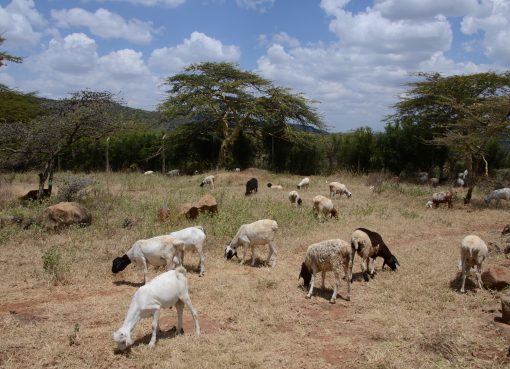Mary Wanjiku is a mother of five and lives in Murinduko village in Mwea East Sub County.
Wanjiku is a victim of domestic violence having been abused by her husband on several occasions whenever he comes home drunk.
The reason as to why she has continued to live with the man despite repeated abuses, according to her, is that she has nowhere to go and nothing to feed the young family.
“We depend on the man for our supplies and we have nowhere to go,” Wanjiku says.
She is only a single case but there are many women like her who are suffering in silence out of hopelessness of their situation.
This is why a programme initiated by Kirinyaga County government is a welcome relief. The programme targets to reduce and eliminate the dependency syndrome.
Dubbed the Kirinyaga Women Empowerment Programme, the arrangement seeks to train over two hundred women in all the four sub counties of Kirinyaga County.
The Kirinyaga Deputy Governor, Peter Ndambiri says the women who go through the programme are expected to be the change agents to their fellow women.
“The training is important as it equips the women with the knowledge of identifying and utilizing the locally available resources,” he says.
“This is an awakening and an eye opening programme that will see the lives of many of the women transformed to be self-reliant rather than depending on others for their survival,” he said.
Ndambiri says it is on record that young girls have fallen victim to bad relationships because of the dependency syndrome.
Women under the programme are introduced to the potential of their worth and are made to realise their value in the society.
He says the eighty women who underwent the one week training were able to rebuild their self esteem, identify and address their immediate needs.
Ndambiri said the government was committed to support women to see them transformed holistically and start using the locally available resources which many of them have been able to identify.
“Using the locally available resources means, for example, keeping a small number of chickens which one can later sell whenever a financial need arises.”
It also means utilizing the little water that goes to waste at home, and many other opportunities, including the benefits of coming together in groups for funding,” he said.
“Success is not in the big things people keep on yearning for, but in small implementable projects which eventually add up to make lives better,” he said.
Further, he added, onecan start by developing a kitchen garden, that will save the family money spent every day in providing their vegetable and fruit requirements.
The money saved could go to other family needs thus eventually improving the financial base for the family.
By Irungu Mwangi



